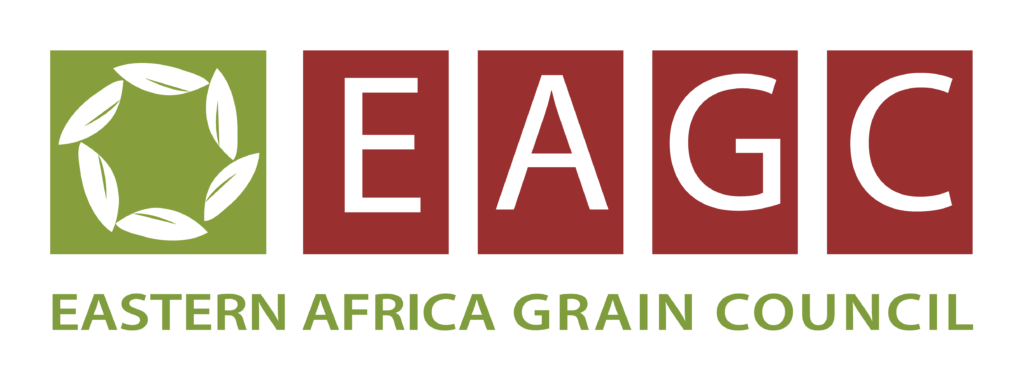The African Union Commission (AUC) through its program, the Partnership for Aflatoxin Control in Africa (PACA) convened the 4th PACA Partnership Platform Meeting (PPM) from 6-7 December 2023, in Nairobi, Kenya, under the theme “A decade of Partnership for Aflatoxin Control – Looking back to define the
future of aflatoxin control in Africa.” This pivotal assembly brought together a diverse spectrum of stakeholders. Focused on addressing the critical issue of aflatoxin contamination, the meeting aimed to foster collaborative strategies, share best practices, and formulate future-focused approaches for effective aflatoxin control across the continent.
The 4th PACA PPM was a collaborative effort organized by the African Union Commission, in partnership with the Government of Kenya, the Bill and Melinda Gates Foundation, the United States Agency for International Development (USAID) and, AGRA. It welcomed a broad array of participants from across
Africa and beyond, comprising representatives from AU Member States, Regional Economic Communities, Non-Governmental Organizations, academia, civil society, and the private sector. This diverse participation underscored the event’s commitment to inclusive, multi-sectoral dialogue and action, fostering a united front in the fight against aflatoxin contamination.
The opening session of the 4th PACA PPM featured distinguished speakers who recognized the negative impacts of aflatoxins on health, trade and food security which hinder Africa’s development efforts. The speakers set a progressive tone for the meeting and called for holistic approaches in
addressing this pervasive food safety issue. Dr. Aggrey Agumya, Executive Director of The Forum for Agricultural Research in Africa (FARA), initiated the session, followed by remarks from Ms. Jennifer Maurer, Resilience Coordinator, USAID; Ms. Kefilwe Moalosi, Nutrition Project Manager, AUDA-NEPAD; Ms. Lucy Muchoki, CEO of the African Agribusiness and Agroindustry Consortium (PanAAC); and Prof. Afeikhena Jerome, the Special Advisor to the AU Commissioner for Agriculture, Rural Development, Blue Economy and Sustainable Environment (ARBE). The session was officially opened by Dr. Collins
Marangu, Director Crop Development and Food Safety at the Ministry of Agriculture and Livestock Development, who underscored Kenya’s commitment to agricultural development and aflatoxin control.
Setting the scene, Dr. Amare Ayalew the Program Manager of the PACASecretariat at AUC highlighted PACA’s achievements and lessons learned, aswell as future strategies for aflatoxin control. The Second Presentation made by Dr. Blaise Outtara informed the meeting on the FAO/WHO Food Control
Assessment Tool being used in AU Member States to inform food safety action plans.
MS. Mweene Kambombi presented on the ‘Experiences from Domesticating PACA’s Country-Led Model for Aflatoxins Control: Lessons and Tools.’ Through her presentation, she gave Zambia’s experience in adopting PACA’s countryled model for aflatoxin control and emphasized the model’s effectiveness in
creating systematic change at the grassroots level.
The Presentation made by Ms. Wezi Chunga-Sambo’s, Senior PACA Program Officer, on ‘The Next Decade of Aflatoxin Control in Africa’, set the stage for strategic planning, innovative approaches, and collaborative efforts essential for mitigating aflatoxin impact over the next decade.
Breakout sessions were pivotal, enabling participants to delve into specific challenges and brainstorm strategic solutions based on the presentation by Ms. Chunga-Sambo. These discussions led to a set of comprehensive recommendations, including enhanced stakeholder engagement, policy
refinement, and capacity building, which are instrumental for future strategies in aflatoxin management.
The meeting also featured insightful country reports, showcasing diverse national experiences in aflatoxin control. Professor Archileo Kaaya of Makere University provided an update on Uganda’s strategic initiatives, while Tanzania’s progress was outlined in the Tanzania Initiative for Preventing
Aflatoxin Contamination (TANIPAC) project by Mr. Clepin Josephat Mbekomize, TANIPAC Coordinator. Dr. Guole Gueye presented Senegal’s focus on Aflasafe production, illustrating their commitment to agricultural development and public health. Ghana’s National Policy for Aflatoxin Control,
presented by Mrs. Faustina Atupra, highlighted efforts in coordination and public awareness. These reports reflected the multifaceted approaches and progress made in combating aflatoxins across the continent.

